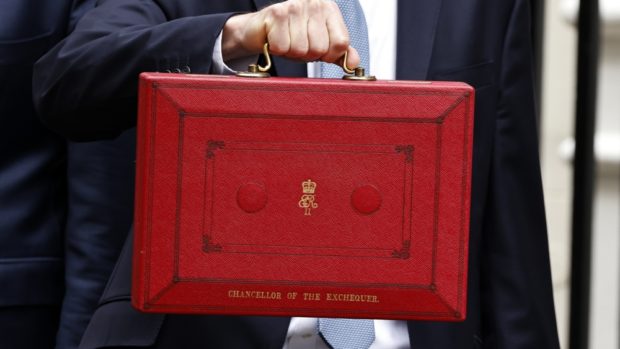Merchants and consumers are increasingly dissatisfied with Black Friday as the cost-of-living crisis continues to hit profit margins and disposable income, at the start of this year’s critical sales period.
That’s according to new research of more than 2,000 UK consumers and over 500 UK online merchants by Tink, a payment services and data enrichment platform. Findings reveal that 40 per cent of consumers report they are less likely to participate in Black Friday this year due to the rising cost of living, as around two in three (64 per cent) cut back on the amount of non-essential items they buy.
This appears to be a worrying signal for merchants looking to the period ahead, as over half (56 per cent) of consumers expect to spend less over the festive season as a whole. Merchants acknowledge this cause for concern, as half (49 per cent) anticipate a weak peak season, while one in four (27 per cent) are worried about bankruptcy or insolvency.
Part of a broader trend of Black Friday losing its shine for shoppers, the findings show consumers are steadily more sceptical of the value it provides. Over one in three (34 per cent) are less likely to participate because they already get regular discounts throughout the year. And findings from merchants demonstrate this isn’t unfounded, as almost half (48 per cent) say the discounts they offer during Black Friday are not significantly better than other times of the year.
Despite 46 per cent of merchants saying that Black Friday puts their margins under significant pressure and 43 per cent agreeing that Black Friday no longer delivers the business benefit it once did, many feel they have no choice but to participate in Black Friday as 43 per cent agree that it is a ‘necessary evil’ for their business.
The scramble for merchants to reimburse customers in ‘refund conundrum’
The research reveals returns and refunds to be a critical ingredient of a positive Black Friday experience for merchants. Indeed, with 46 per cent of merchants saying customers are returning more items than ever before, more than half (51 per cent) agree that a strong returns process is pivotal to Black Friday success.
Merchants estimate that almost a third (31 per cent) of items ordered on Black Friday were returned last year. Based on consumer estimates that they spent an average of £472 last Black Friday, Tink’s research suggests that on average almost £150 (£146.40) of each order was returned.
A particular sticking point in the returns process is repayment settlement, as one in three (33 per cent) merchants say the length of time it takes for a customer to get their money back is an issue in the returns process. Meanwhile, nearly one in five (19 per cent) consumers express concern that a delay in receiving Black Friday refunds this year will leave them at a significant financial shortfall.
Merchants investing in returns despite cost challenges
Despite cost pressures, the good news is that merchants recognise the importance of ironing out the kinks in returns and refunds, as over one in four (28 per cent) plan to invest more in their returns processes.
Those bracing for a ‘Returns Thursday’ should consider funnelling their investment into enhancing their payment solutions. For example, adopting secure and instant account-to-account payment methods like Pay by Bank enables quick refunds to customers – allowing merchants to improve the customer experience while reducing their own costs.
Tom Pope, SVP Payments & Platforms at Tink comments: “It’s clear merchants and consumers alike are being hit with costs from all sides, and that will inevitably have a knock-on effect for Black Friday this year. A smooth returns process can make or break customer experience, especially when cost of living cashflow issues mean consumers need their money back as quickly as possible.”







Share